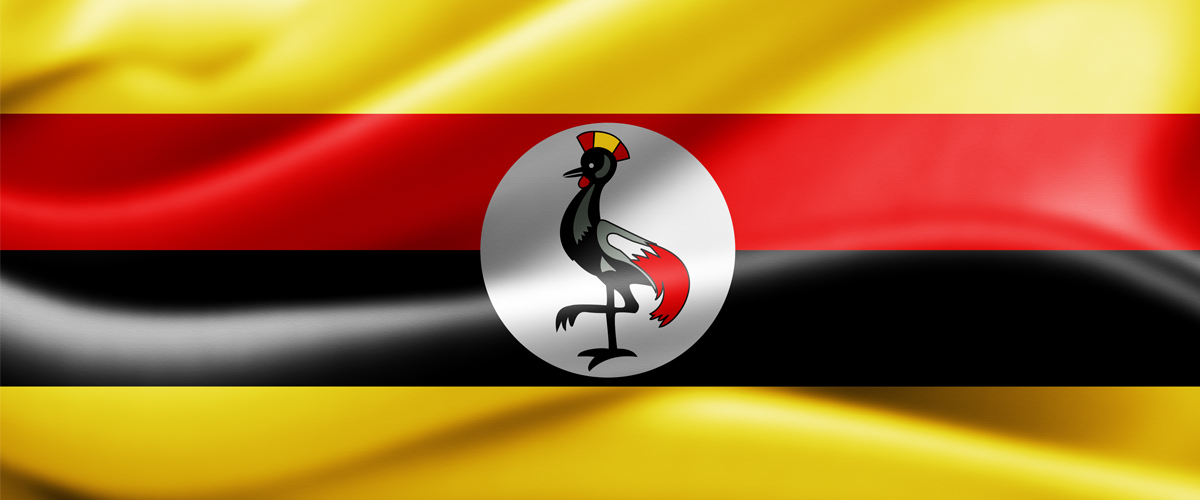 D. Summary (analysis, trends)
D. Summary (analysis, trends)
The foregoing highlights reveal that although COVID-19 in many ways manifested as a novel development, Uganda’s past experiences in dealing with almost comparable disasters and epidemics such as Cholera and Ebora seem to have prepared her enough to put up a relatively strong response. For instance, the country already had in place a legal and policy framework that informed most of the responses without much panic, and there was room left for the adoption of tougher measures should the situation have warranted it. Evidence of the success of these efforts is contained in the official statistics from the country’s Ministry of Health.
As of 1 May 2021, the date when this report was concluded, the Country’s total number of confirmed cases of COVID-19 was 41,715 which is 4% of the 1,008,838 tested individuals. The total number of deaths from the disease thus far was 341 which is 0.2 points shy of 1% of the total cases. It is thus no wonder that the country’s response to COVID-19 has generally been well received, for instance being characterized by the American Public Health Association as a Role Model for Pandemic Containment in Africa.
At the centre of Uganda’s COVID-19 response was the President, Yoweri Museveni. Although the generally declining scores on a democracy front affect his abilities, the country’s president has been able to garner some positive remarks for taking decisive action and providing leadership to what is thus far a successful fight against the pandemic. The Washington Post for instance commended President Museveni for having been:
(P)articularly eloquent and detail-oriented explaining what the virus was, how it was transmitted and who was at risk, before laying out a plan to systematically close schools, churches and borders, to begin social distancing, and to put a hold on cross-border air and ground travel for passengers, while maintaining the regional cargo links that are especially important for landlocked South Sudan.
The significance of such an approach cannot be overemphasized in view of the potential heavy burden poor management of COVID-19 responses would have posed for the country’s already constrained health care system.
There are also other gains that were registered from the country’s COVID-19 responses for instance in building momentum for advocacy around economic social and cultural rights. As highlighted in the report, the state took some tangible – even if inadequate and in some cases poorly uncoordinated – steps to facilitate the realisation of for instance the rights to water and food of the most marginalised. These scores should be consolidated as evidence in future advocacy campaigns aimed at having the state provide relevant goods and services necessary for the realisation of those rights by vulnerable groups.
Yet, the responses were not short of political connotations. For instance, it appears that the COVID-19 pandemic provided the ruling regime in Uganda a favourable environment to restrict political competition in the recently concluded national elections. Enforcement of the COVID-19 containment measures enabled the regime in power to limit political competition in an easily justifiable way. Where such approaches involved a violation of fundamental freedoms and rights of citizens, the courts laboured to make inroads by enforcing the rights of some of the victims of politically motivated charges. Some of the victims of rights violations were freed, while in some cases the state unceremoniously negated the scores by for instance tramping charges of unlawful possession of firearms on suspects which invited fresh trials of civilians before courts-martial.
It also goes without saying that underneath the aura of the President’s acclaimed leadership to the fight against the COVID-19 pandemic appears to have been running a current of self-interest. As noted, COVID-19 struck when Uganda was in final preparation for the national elections including for the office of President in which Mr Museveni has since been declared the winner. This fact provides a useful lens for understanding his choice to dominate the response, and the adoption of language presenting him as the centre piece of the response, rather than the institutions.
Furthermore, the responses mirror a growing trend in Uganda, of entrenchment of either the presidency or the military in all key sectors of governance. For instance, most of the communications made by officials in the different MDAs consistently referred to the response measures adopted as “directives issued by ‘His Excellency The President’ of the Republic of Uganda” yet the legal force of these actually flew from statutory instruments issued by the Minister of Health.
Thus, while the success achieved in containing the pandemic thus far is notable and commendable, there remain significant concerns in relation to strengthening institutions in order for them to work without having to be blessed by a leader. How and when Ugandans will achieve that still remains subject to discussion.


